Blog Article
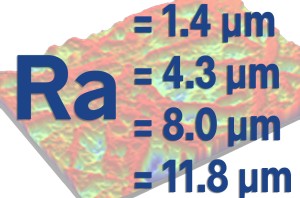
Ra changes when the cutoff changes
June 21, 2022The Roughness Average, or average roughness parameter, Ra, is the average of the surface heights of every point along the “roughness profile.” Its equivalent for areal (3D) measurements is the
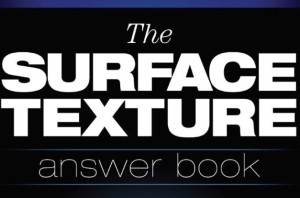
The Surface Texture Answer Book
June 15, 2022I’ve been working with surface roughness for over 30 years…yet I am always looking for ways to expand my knowledge. This book has been in heavy rotation for me since
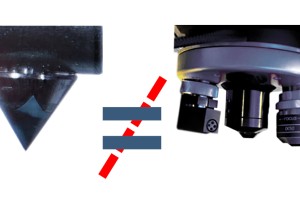
Can stylus and optical measurements correlate?
June 8, 2022Many companies use both stylus and optical measurement technologies to measure surface texture. A question that we are often asked is, “Can the measurements between these different systems correlate, and
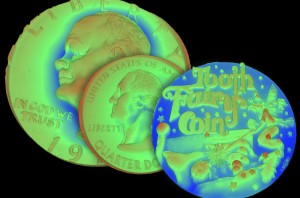
Why stitch surface texture data?
June 1, 2022How would you go about measuring these coins? In terms of value, the most precious would likely depend upon your age, and possibly the time left on your parking meter!
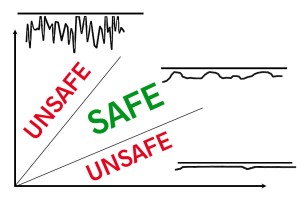
Smoother is better…?
May 25, 2022It’s a common intuition that smoother surface texture is “better” for sliding over another component. It seems natural that a smoother surface would wear less, have lower friction, and perhaps
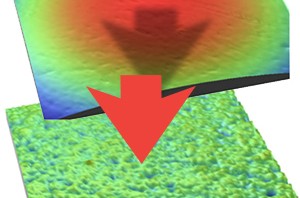
What is the F-Operator (and why can’t I find it on my machine)?
May 18, 2022You may have heard the term “F-Operator” and wondered what it is, and how it’s used. As we mention often, surface texture consists of a spectrum of spatial wavelengths, ranging

Real area of contact
May 11, 2022Scientists and philosophers through the ages have struggled with the concepts of friction. Leonardo da Vinci studied many aspects of friction, bearings, etc. In one set of experiments, he tied
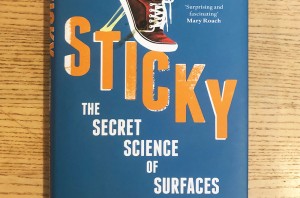
Sticky: The Secret Science of Surfaces
May 4, 2022I just finished reading this great book that nicely covers many aspects of surface roughness and tribology. The author, Laurie Winkless, is a physicist who loves communicating about science and

Remembering Frank Bowden
April 27, 2022May 2 will mark the birthday of Frank Philip Bowden who, along with David Tabor, laid the groundwork for much of our modern understanding of friction and lubrication. “Putting two
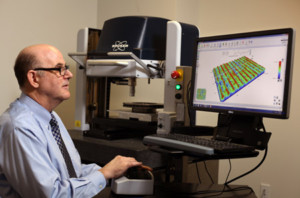
Surface texture: a GD&T lab may not have the measurement tools
April 20, 2022High-precision surface texture measurement systems are more widely available now than they were 10 or 15 years ago. Yet, purchasing such systems can still be difficult to justify for small
